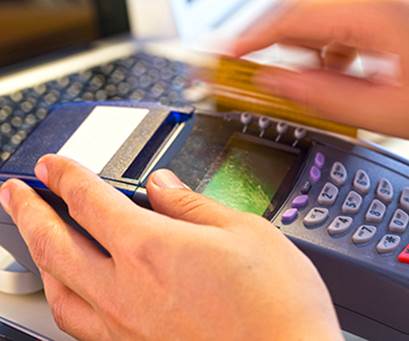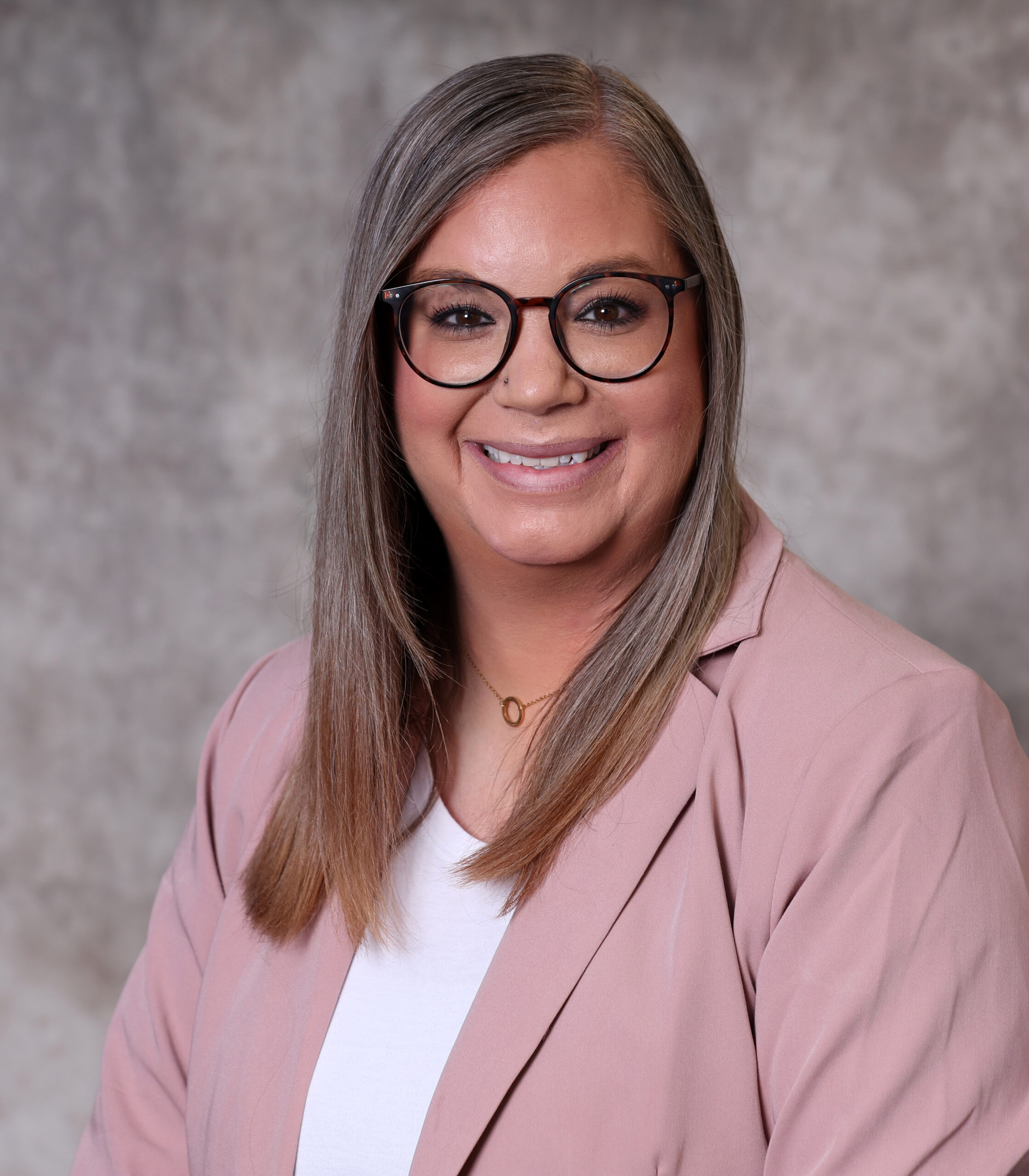Credit card skimmers have certainly stirred up a lot of conversation in the last couple years. Unfortunately, these scams put our customers, and community as a whole, at risk. With the holiday season fast approaching, consumers are swiping their cards left and right, whether it’s for food or gifts. Now more than ever, it’s important to be mindful of your financial security.
Skimmers are devices that are stuck on to card readers at places like gas stations and ATMs and allow criminals to steal data from the card’s magnetic strip as it is swiped through the card reader. The data is commonly sold to criminals who will create a counterfeit card and use it at ATMs or merchants to make purchases and cash withdrawals.
How to Spot Credit Card Skimmers
- Visually inspect the machine – Does it look like the card reader or ATM has been tampered with? If you notice that parts of the machine are a different material or color than others, especially around the card reader or keypad, don’t use the machine. Also make sure the security seal on the gas pump isn’t broken.
- Wiggle each part – Because skimmers are added on top of the machine’s parts, they’ll often move around or feel loose if wiggled.
- Cover your hand when entering your PIN – If you didn’t detect a skimmer, it’s still a good idea to hide the keypad as you enter your PIN. This way, any cameras set up around the machine won’t be able to tell which numbers you are pushing.
Steps We Take After a Compromise
For many, the more important question after a card compromises is, “What happens next?” While some financial institutions may have their own process, the steps should be similar no matter your institution. At Bankers Trust, as soon as we are made aware of a card compromise we take the following steps:
- Alert the customer – A Bank employee will call to alert you of suspicious activity on your account.
- Cancel the card – Whether it’s a debit card or credit card, Bankers Trust will cancel your card upon confirming the activity is fraudulent. If the compromised card was a debit card and tied to your checking account, that account may also be closed.
- Review account activity – Bankers Trust will recommend that you review all recent activity on your accounts via online banking. It’s a good idea to review your accounts for suspicious activity regularly so you can catch and report any fraudulent activity as soon as possible.
- Recover stolen funds – One of our branch employees will send you a form to fill out, which allows you to recover funds stolen from your account. It’s important to note that consumers have zero fraud liability whether money was stolen from a debit card or a credit card, as long as the financial institution is notified within 60 days of receiving your statement. After the form is returned to any branch, you have the opportunity to discuss further concerns with our staff if needed.
- Open new card – Bankers Trust will send you a new debit or credit card. This prevents additional fraudulent use of your card since the card number will no longer be active.
Remember, you can’t be too careful in monitoring your accounts. Consider checking your online or mobile banking accounts once a day to review for suspicious activity. Not only will this give you peace of mind, but you’ll be able to take action early if any fraudulent attempts should occur. If you do see fraudulent activity, alert your financial institution immediately.








 Equal Housing Lender. SBA Preferred Lender. NMLS #440379
Equal Housing Lender. SBA Preferred Lender. NMLS #440379